The hidden dangers of salmonella infections
PetTalk, from the School of Veterinary Medicine & Biomedical Sciences, Texas A&M University
Humans typically avoid raw foods because of the risk of developing a salmonella infection, a common bacterial disease that harms the intestinal tract. While humans can be infected with salmonella more easily than animals, there is still a risk of pets developing the infection as well.
Dr. Katie Tolbert, a clinical associate professor in small animal and comparative gastroenterology at the Texas A&M School of Veterinary Medicine & Biomedical Sciences, says that while some species of salmonella cause symptoms that are self-limiting — meaning, those symptoms will resolve on their own — salmonella is not something that should be taken lightly, as certain species can cause illness and disease if ingested.
“Salmonella is a bacteria frequently found in the gastrointestinal tract of many mammals and birds, but some species of salmonella produce toxins that cause infections when the bacteria adheres to the lining of the gut, causing gut inflammation and damage,” Tolbert explained. “The infection can travel to other sites of the body, such as the joints or heart, and if the infection is not recognized, it could lead to severe consequences, including death.”
Tolbert pointed out that pets who are infected with toxin-producing species of salmonella are generally those who have ingested raw foods.
“Most raw foods that a pet would eat would be fed to them by their owner or via scavenging through household trash, although it is possible for unsupervised pets to have access to animal carcasses that could harbor bacterial infections,” Tolbert said.
If a pet displays significant symptoms of a gastrointestinal illness, Tolbert strongly advises owners to visit their veterinarian as soon as possible to determine an appropriate treatment plan and if the illness is the result of a salmonella infection.
“Warning signs that should prompt a pet owner to bring their dog or cat to be evaluated include prolonged reluctance to eat for longer than 24 to 48 hours; fever; persistent vomiting or diarrhea; lethargy for longer than 24 hours; signs of dehydration, such as dry or tacky gums; and signs of pain, shown through abnormal behaviors such as hiding or growling,” Tolbert explained.
Veterinarians may hospitalize pets and provide them with intravenous fluids and supportive care if the illness is severe.
The most common symptom of a mild form of salmonella infection in pets, however, is diarrhea that will often resolve on its own, whether treatment is involved or not.
But pets can have diarrhea for different reasons, so Tolbert explained that it can be difficult to know if the diarrhea is caused by a salmonella infection, bacterial infection, or noninfectious causes. Noninfectious causes include pancreatitis — or the inflammation of the pancreas — and dietary indiscretions — the tendency for animals to eat items outside of their normal diets, such as household trash.
“Since self-limiting diarrhea resolves with supportive care, identifying the specific cause of diarrhea may not be pursued unless there is a known risk for salmonella infections, which would be harmful for the pet and other members of the household,” Tolbert said.
If the veterinarian chooses not to identify the cause of the diarrhea, Tolbert encourages owners to provide supportive care by keeping pets well hydrated and feeding them highly digestible diets, which are foods and nutrients that pets can easily digest and absorb, as well as by following your veterinarian’s dietary recommendations.
“Most commercial diets are highly digestible, but there are also specialized, therapeutic diets available through a veterinarian’s office and are used for both acute and chronic gastrointestinal diseases,” Tolbert said. “These specialized diets are highly digestible but also contain ingredients that are designed to help alleviate vomiting and diarrhea, such as fibers, absorbents, and antioxidants.”
Nevertheless, owners should visit their veterinarian if they suspect a pet’s diarrhea is caused by their pet ingesting raw foods because pets experiencing mild salmonella infection symptoms can shed the bacteria and infect other pets or humans, who may develop a more severe infection. Owners should also ask their veterinarian if isolation is necessary to prevent the bacteria from spreading.
Additionally, Tolbert recommends owners always practice good hand and environmental hygiene, as this can prevent the infection from easily spreading between humans and pets.
Owners should be aware of the causes, symptoms, and treatments in the event their cat or dog develops a salmonella infection. Treating salmonella infections sooner rather than later can help your furry friend recover quicker and keep the rest of the family in good health too.
Read the original article: https://vetmed.tamu.edu/news/pet-talk/salmonella-infections/
Pet Talk is a service of the School of Veterinary Medicine & Biomedical Sciences, Texas A&M University. Stories can be viewed on the web at vetmed.tamu.edu/news/pet-talk. Suggestions for future topics may be directed to vmbs-editor@tamu.edu.



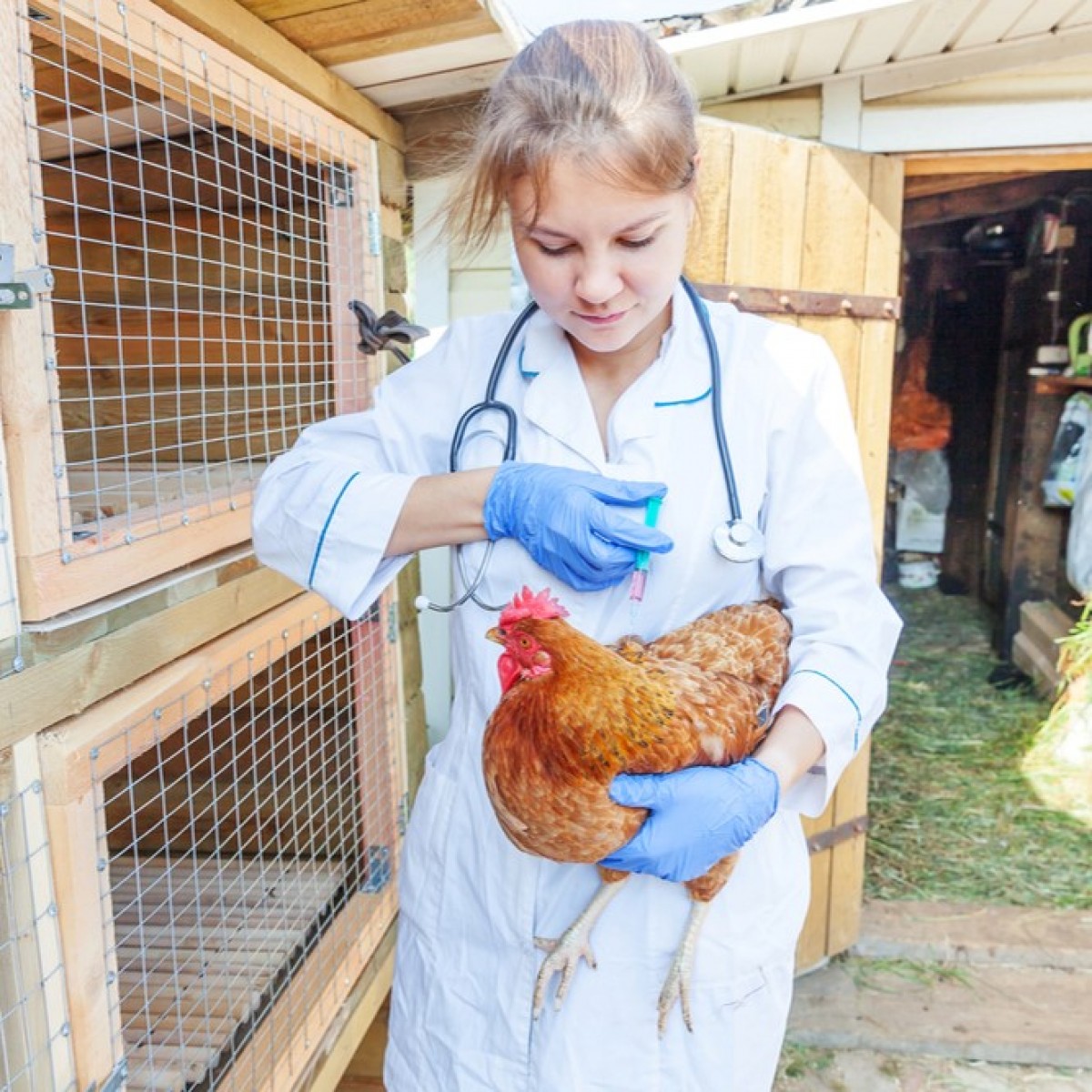


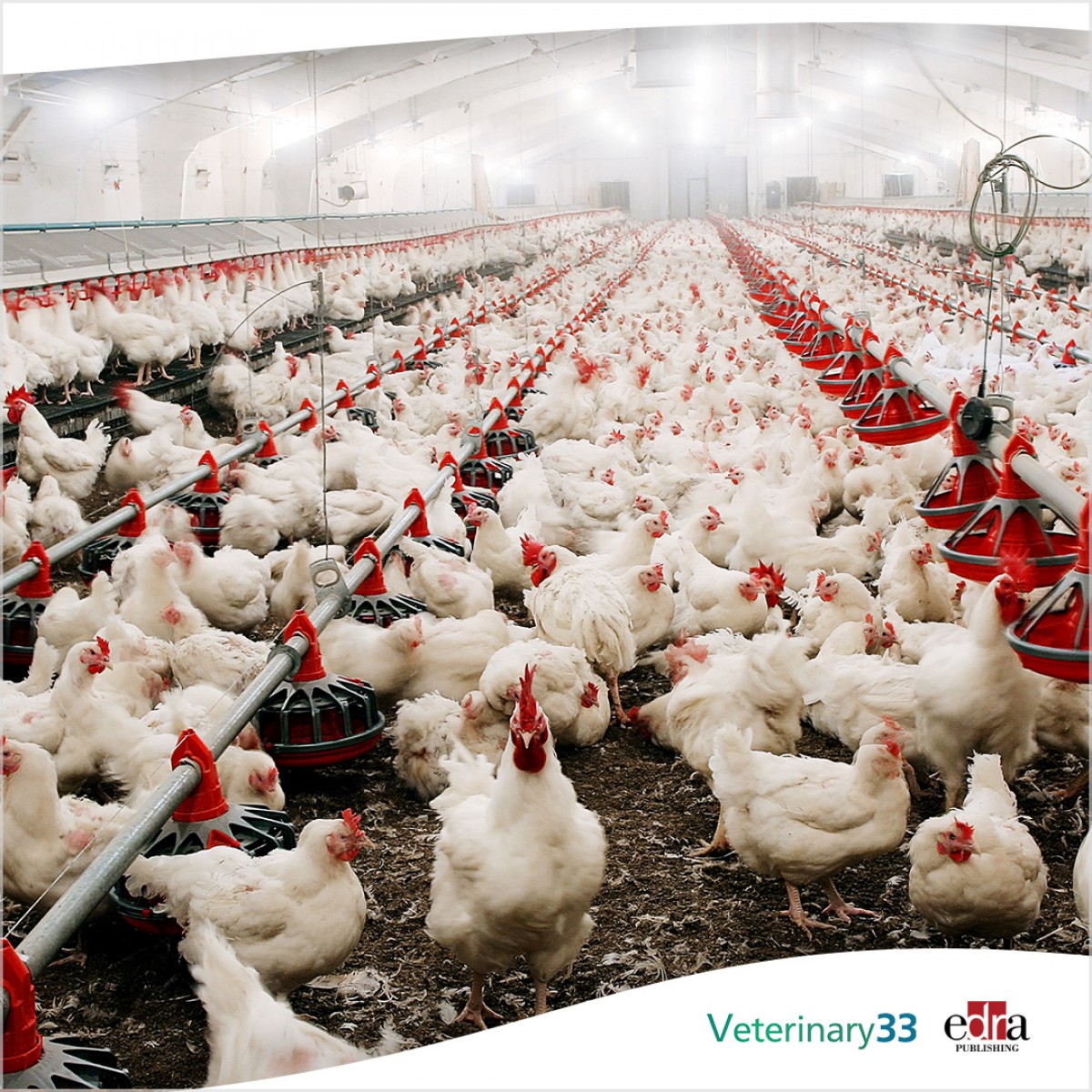



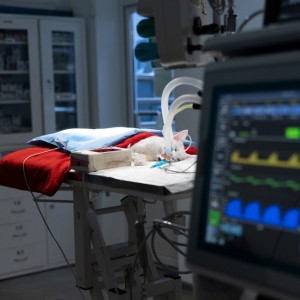
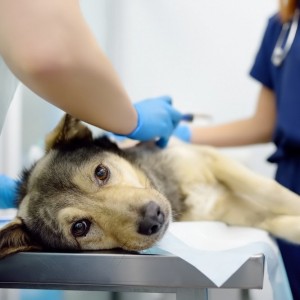
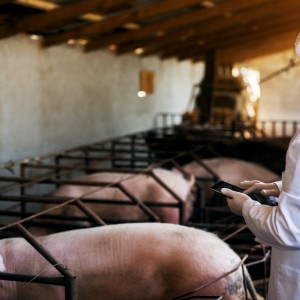

List
Add
Please enter a comment